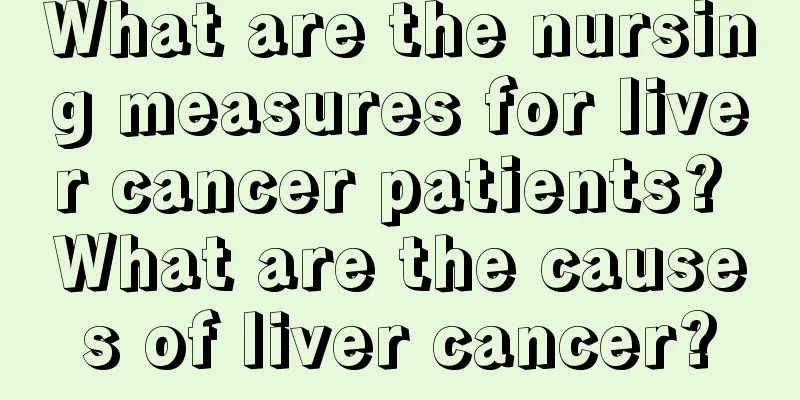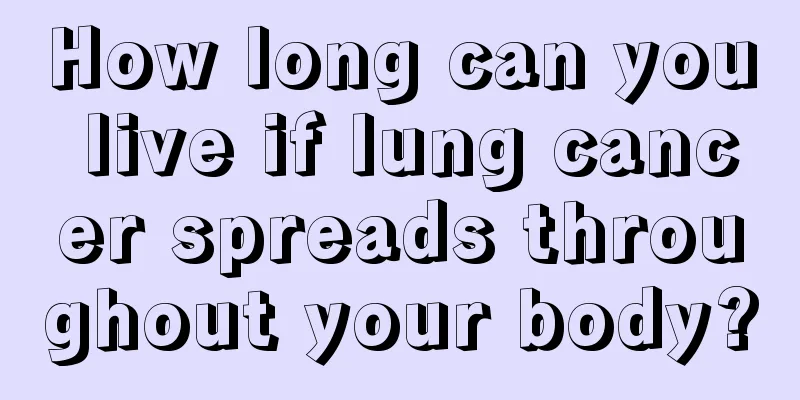Sinus tachycardia

|
In life, it is very important to protect your own health. Many people do not protect their bodies well, which causes many problems. The common physical disease is cold. This kind of disease is easy to get, and the condition is different in different seasons. In the treatment of cold diseases, drugs are the best choice. What is sinus tachycardia? Many people don’t know much about sinus tachycardia, and don’t know what to do when it occurs. If such a problem occurs, it must be resolved in a timely manner so that the problem can be improved and will not continue to develop. Sinus tachycardia: Sinus tachycardia refers to the rate of sinus node impulse generation in adults exceeding 100 beats per minute, with the rate usually ranging from 101 to 160 beats per minute. When sinus tachycardia begins and ends, the heart rate gradually increases and slows down. Sinus tachycardia is a common arrhythmia. This disease has no special symptoms and is often caused by other diseases. Its clinical symptoms are related to the degree to which the increased heart rate affects hemodynamic disorders and is also related to the underlying heart state. When the heart rate increases slightly, cardiac output increases, the heart's working efficiency increases, and the patient may not have any symptoms. When the heart rate is too fast, the patient may experience symptoms such as palpitations, shortness of breath, chest tightness, irritability, and even chest pain. Symptoms also vary greatly from person to person. Normally, the heart's working efficiency is maximum when the heart rate increases from about 70 beats/min at rest to about 2.5 times (180 beats/min). When it exceeds 180 beats/min, the heart's working efficiency is significantly reduced and cannot meet the body's needs. This is because when the heart rate is >180 beats/min, myocardial oxygen consumption increases significantly, coronary blood flow decreases (more obvious in patients with coronary heart disease), the end-diastole is shortened, ventricular filling decreases, and cardiac output per beat decreases. Physical signs: Heart rate increases to 100-150 beats/min, and in a few people it can reach 160-180 beats/min. Physiological ones are mostly transient; if caused by organic heart disease, the tachycardia will last longer. The apex beat is strong, the heart sounds are enhanced, and the carotid artery pulsation is obvious. Diagnosis can only be made through electrocardiogram (ECG), which has the following characteristics: 1. P waves occur regularly. The P wave shape during tachycardia is exactly the same as the P wave shape, duration, and amplitude of normal sinus rhythm. 2. The P wave frequency is greater than 100 times/min, mostly around 130 times/min. 3.PR interval is greater than 0.12s. 4. The PP interval of sinus tachycardia may gradually shorten at the beginning and gradually slow down to the original time limit at the end. During sinus tachycardia, the PP interval is shorter than 0.6 seconds, and during sinus arrhythmia, the difference between the longest and shortest PP intervals is more than 0.12 seconds. 5. There are causes of tachycardia. Through the above introduction, we have a good understanding of sinus tachycardia. When this problem occurs, we must improve it in time. The best way is to regulate your own emotions and physical condition. This is very helpful in preventing sinus tachycardia, and the treatment effect is also very good. |
>>: How long after a meal should I take the medicine
Recommend
Does soy milk contain a lot of estrogen? Does soy milk contain estrogen? Is soy milk high in estrogen?
Everyone has hormones in their bodies, and there ...
What is the postoperative care for tongue cancer
Tongue cancer is the most common oral cancer, and...
How often should you change your toothbrush?
The main function of a toothbrush is to clean tee...
Can acupuncture treat myopia and what is the effect?
Nowadays, many people suffer from myopia, and the...
How to treat spots on the face
Having spots on the face will make you imperfect....
What is the best way to control blood sugar?
High blood sugar is an abnormal physical conditio...
What medicine to use for skin rot
With environmental pollution, more and more peopl...
I've been having a lot of bad luck lately. What should I do?
In life, there are many people who have bad luck ...
What are the symptoms of adrenocorticotroph cell tumor
The human body is rich in many hormones, which pl...
How long can you live with advanced bladder cancer?
How long can a person with advanced bladder cance...
What is the reason for the pain in the middle right side of the back
What are the causes of pain in the middle right s...
What are the benefits of hot spring bathing in autumn
Hot spring bathing is a good way to maintain heal...
What causes vertical lines on nails? The reasons are these
The elderly often say that the condition of nails...
What to do if the nails grow into the flesh after being cut
It is very common in daily life for nails to grow...
Are black snakes poisonous?
There are many kinds of snakes in the world, and ...









